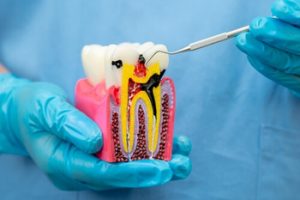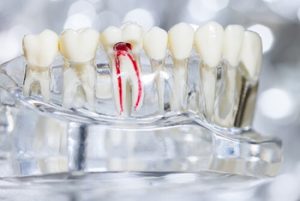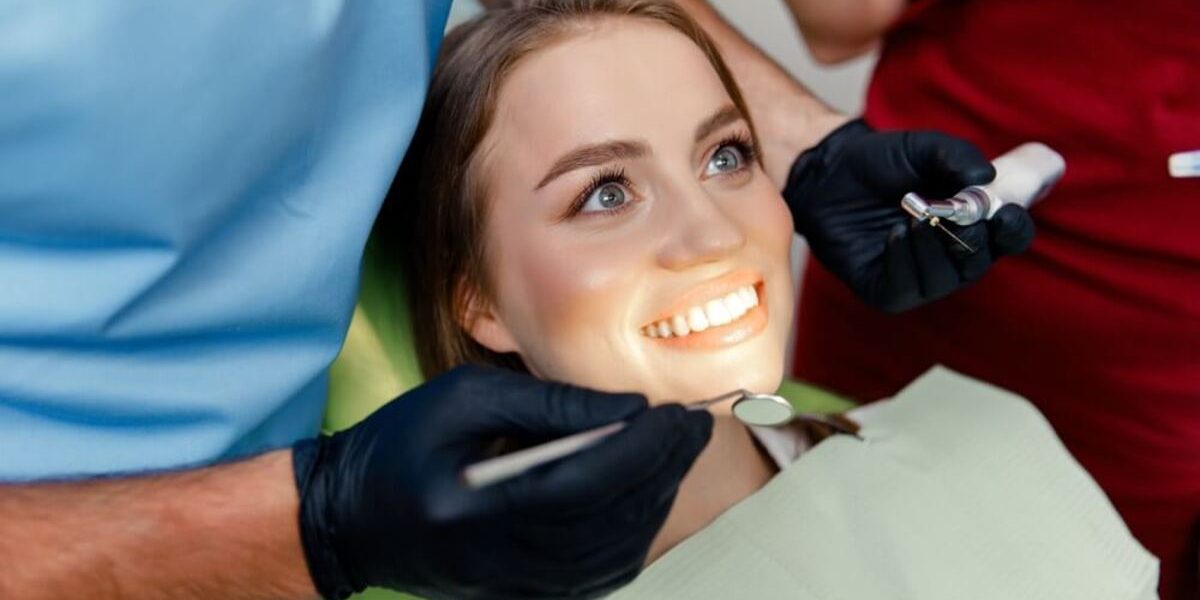When we think of the physical effects of drug addiction, we often focus on what’s visible on the outside: weight loss, changes in skin, or erratic behavior. But one of the most telling and severe consequences is often overlooked: the damage done to the mouth. The teeth of a drug addict can reveal a great deal about the extent of substance abuse, and the impact is often devastating. This article explores what happens to dental health when drug use spirals out of control, how drug abuse affects the teeth, and what recovery may look like.
Why Are Teeth So Affected by Drug Abuse?
A Perfect Storm of Destructive Factors
The oral cavity is one of the first areas to show signs of poor health from substance abuse. Many drugs can directly and indirectly harm the teeth and gums, creating the perfect environment for dental problems to thrive. Dry mouth, tooth grinding, poor oral hygiene, malnutrition, and the acidic nature of certain drugs all play a role in breaking down oral tissues and damaging tooth enamel.
What Do the Teeth of a Drug Addict Typically Look Like?
Signs You Might See in the Mirror
The teeth of a drug addict often reflect years of neglect and chemical assault. Here’s what they commonly show:
- Severe tooth decay

- Broken or missing teeth
- Yellow or brown discoloration
- Loose teeth
- Worn enamel
- Gum disease and inflammation
- Painful jaw or difficulty chewing
- Bleeding gums and bad breath
These changes can happen quickly, especially with heavy or prolonged drug use. Even young individuals can suffer tooth loss or need full-mouth dental treatment after just a few years of addiction.
“Meth Mouth” and Other Drug-Induced Dental Issues
The Signature Dental Pattern of Meth Users
One of the most notorious examples of drug-related dental deterioration is “meth mouth.” Methamphetamine is an extremely acidic substance that causes dry mouth and erodes tooth enamel almost immediately. Meth users are also known for frequent jaw clenching and teeth grinding, which worsen dental damage. Over time, the teeth become blackened, crumbled, or fall out entirely.
Cocaine, Heroin, and Other Illicit Drugs
Other illegal drugs like heroin, powdered cocaine, and ecstasy also cause severe dental issues. Injecting heroin can lead to chronic malnutrition, which weakens the teeth and gums. Cocaine, when rubbed on the gums, leads to ulcerations and gum disease. Smoking marijuana regularly can dry out the mouth and increase the risk of oral cancer.
Even legal drugs, such as certain pain-killing drugs or prescription stimulants, can have negative effects when abused. They often reduce saliva flow, leading to enamel erosion, gum disease, and decayed teeth.
What Causes So Much Damage?
Poor Oral Hygiene and Dry Mouth
People struggling with substance use disorder often have poor oral hygiene. Brushing and flossing take a backseat to drug use. Leftover food debris surrounds the teeth, encouraging bacteria growth and plaque accumulation.
Many drugs reduce saliva production, leaving the mouth dry. Saliva is essential for protecting the teeth and gums—it washes away bacteria, neutralizes acid, and supports enamel remineralization. Without enough saliva, bacteria and acids rapidly damage the tooth surface.
Tooth Grinding and Clenching
Drugs like meth, cocaine, and ecstasy often cause users to grind or clench their teeth without realizing it. Over time, this wears down the enamel and causes cracks or chips, eventually leading to broken teeth. This behavior is often accompanied by jaw pain and tooth sensitivity.
Malnutrition and Neglect
Drug addiction often leads to poor nutrition, which weakens the body’s ability to heal and maintain tissue, including oral tissues and the underlying bone supporting the teeth. Chronic malnutrition deprives the teeth of the nutrients they need to stay strong, especially calcium and vitamin D.
Gum Disease and Periodontal Damage
The Gateway to Tooth Loss
Gum disease, or periodontal disease, is another major concern in drug users. As plaque builds up and irritates the gums, the tissues pull away from the teeth. This opens pockets where bacteria can thrive, leading to infection and bone loss. If untreated, teeth become loose and eventually fall out.
Drugs can cause vascular constriction, which limits blood flow to the gums and slows healing. This worsens the progression of gum disease and makes it harder for the mouth to recover from injury or infection.
Oral Infections, Sores, and Cancer Risks
More Than Just Tooth Decay
It’s not just about cavities or tooth loss. Prolonged drug use increases the risk of more serious oral complications, including:
- Oral cancer
- Oral leukoplakia (white patches in the mouth that may become cancerous)
- Fungal infections such as thrush
- Painful ulcers and lesions in the soft tissue
These conditions are exacerbated by smoking illicit drugs, expelling stomach acids during withdrawal, and the reduced immunity caused by poor overall health.
How the American Dental Association Views the Issue
The American Dental Association (ADA) acknowledges drug addiction as a major risk factor for oral disease. According to the ADA, dental professionals play a crucial role in identifying early signs of substance abuse, especially when patients present with unusual or rapid dental deterioration. In fact, a trip to the dentist may be the first time someone hears that drug use is destroying their oral health.
The Psychological Toll of Damaged Teeth
More Than Just Physical Damage
The emotional and psychological burden of having damaged teeth can be significant. Many people with a history of drug use report embarrassment, shame, and social withdrawal due to their appearance. This can make it even harder to seek treatment and support.
Poor dental health also affects mental health, contributing to depression, anxiety, and low self-esteem. It can interfere with job opportunities, relationships, and even recovery itself.
Can the Damage Be Reversed?
The Path to Recovery and Restoration
The good news is that with professional dental care and a commitment to recovery, many of the oral effects of drug use can be managed or even reversed. Dental treatment may include:
- Fillings or crowns for damaged teeth
- Extractions for teeth beyond repair
- Dentures or implants to replace missing teeth
- Periodontal treatment to manage gum disease
- Dry mouth therapies and fluoride treatments
In addition to restoring the mouth, ongoing oral hygiene and regular dental visits are crucial. For someone in recovery, rebuilding a mouth that’s been damaged by addiction can be a powerful symbol of healing.
What Steps Can Help Protect Oral Health During Recovery?
Small Habits, Big Changes
If you or someone you know is recovering from drug addiction, here are some ways to support better oral health:
- Brush twice daily with fluoride toothpaste
- Floss every day

- Drink plenty of water to combat dry mouth
- Use a soft-bristled toothbrush to avoid damaging worn enamel
- Avoid acidic foods and sugary snacks
- Rinse after vomiting or withdrawal symptoms to protect the enamel
- Get regular dental checkups
- Seek support for substance abuse and mental health
A comprehensive treatment program that includes both medical and dental support can help repair damage, prevent further issues, and restore confidence.
Final Thoughts
The teeth of a drug addict tell a story—one of pain, neglect, and the destructive power of substance abuse. From severe tooth decay to broken and missing teeth, the mouth often shows some of the most visible and painful effects of addiction. But it’s also one of the most repairable areas once recovery begins.
With the right dental care, support system, and a fresh start, people in recovery can reclaim not just their oral health but their sense of self-worth. The road may not be easy, but healing is always possible.
References:
https://www.betterhealth.vic.gov.au/health/conditionsandtreatments/teeth-and-drug-use
https://www.webmd.com/oral-health/drug-abuse-mouth
https://americanaddictioncenters.org/health-complications-addiction/dental-health
https://pmc.ncbi.nlm.nih.gov/articles/PMC3808011/
https://americanaddictioncenters.org/adult-addiction-treatment-programs/know-is-someone-on-drugs
https://www.mouthhealthy.org/all-topics-a-z/meth-mouth

